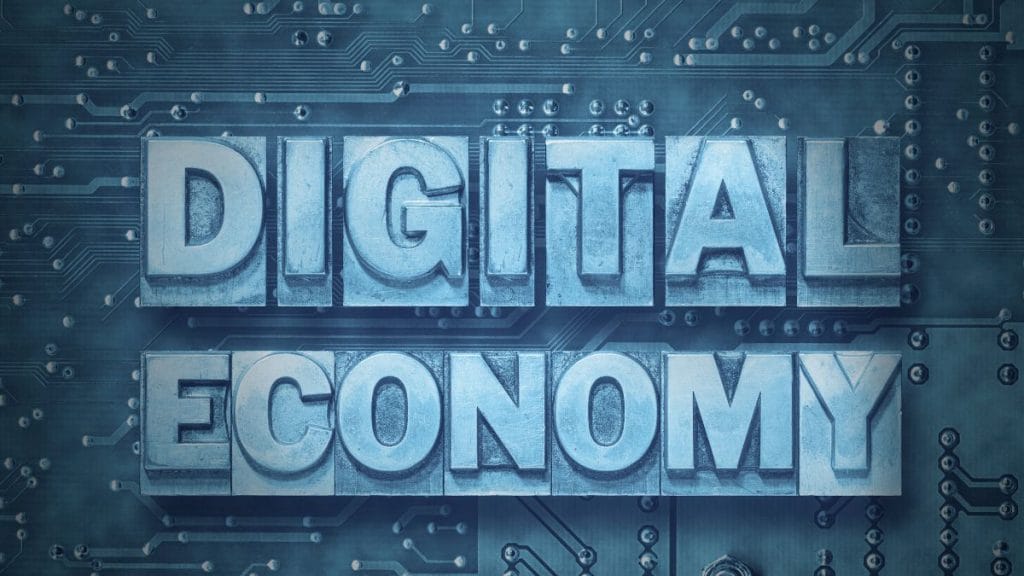New Delhi: Rajeev Chandrasekhar, Minister of State for Electronics and Information Technology, announced that India is projected to become one of the top three global economies by 2026-27, with the digital economy playing a pivotal role in this growth. During an event, the minister highlighted that India is poised to surpass Japan and Germany in terms of economic size in the near future.
To facilitate this economic transformation, the Indian government aims to foster a one trillion dollar digital economy by 2025-2026. This ambitious target will serve as a catalyst for nurturing an entrepreneurial culture within the country as an increasing number of startups contribute to the economy.
Chandrasekhar outlined the government’s focus on the next phase, called ‘Techade,’ which aims to bolster and accelerate the three pillars of Digital India. Technology has the power to empower and transform people’s lives, drive economic expansion and entrepreneurship, and position India as both consumer and creators of technology in a tech-dominated future.
Addressing pressing issues, the minister acknowledged challenges related to semiconductor supply chains and talent availability. He stated that the Indian government had taken significant steps in the past 14 months to create opportunities in manufacturing, design, and innovation.
Additionally, a new curriculum has been introduced in higher education systems to nurture a talent pool for the Indian and global semiconductor and electronics ecosystems.
Chandrasekhar stressed the importance of India’s global participation in emerging technologies such as artificial intelligence and machine learning. He invited public affairs professionals to contribute their thoughts, ideas, solutions, and suggestions to ensure the success of ‘India Techade’ through a collaborative consultation process.
With its sights set on becoming one of the world’s top economies, India recognizes the transformative potential of the digital economy. By leveraging technology, fostering entrepreneurship, and addressing challenges in talent and supply chains, the country aims to position itself as a global player in emerging technologies and shape its role in the technology-driven future.





